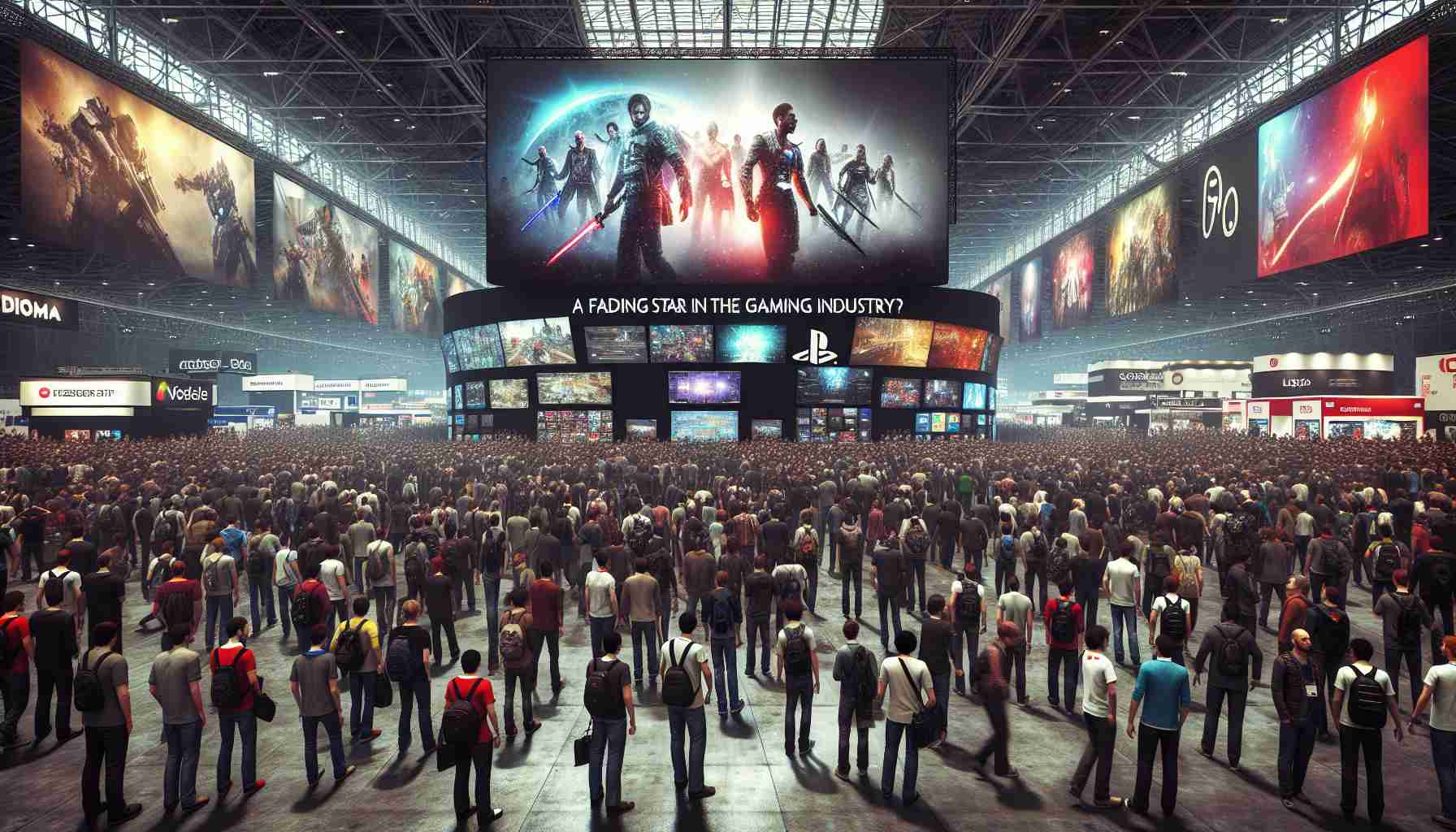The excitement surrounding Gamescom, the world’s largest gaming fair, is undeniable. Gaming enthusiasts from all over the globe flock to Cologne for a chance to experience the latest hardware and software, and get a sneak peek at upcoming blockbuster games. However, beneath the surface, Gamescom is facing some significant challenges.
With over 1,400 exhibitors, Gamescom certainly offers a diverse range of gaming-related content. From competitions to cosplayers to streaming celebrities, there is no shortage of entertainment for attendees. But amidst the glitz and glamour, the event has lost some of its focus on its primary purpose – showcasing games.
In recent years, Gamescom has seen a decline in its core discipline. While the trade fair continues to attract large crowds, it struggles to keep up with the rapidly changing gaming industry. The rise of online platforms and digital distribution has shifted the landscape, and gaming companies no longer see the need to rely on big fairs like Gamescom to promote their products.
This shift in the industry is not necessarily a cause for mourning among the gaming companies. With the ability to reach their audience directly through online platforms, they can bypass the limitations and costs associated with traditional trade fairs. This allows them to focus on creating innovative gaming experiences and connecting with their community in more meaningful ways.
While Gamescom may be losing some of its shine, it still holds value for both the industry and the gaming enthusiasts. It serves as a gathering place for the global gaming community, allowing players to interact with developers and fellow gamers. For the public, it remains a unique opportunity to get an early taste of what the gaming industry has in store.
As Gamescom continues to evolve, it will need to adapt to the changing needs of the industry. Whether through embracing new technologies or finding innovative ways to engage with gamers, the fair must reinvent itself to remain relevant. Only time will tell if Gamescom can reclaim its position as the go-to event for gaming enthusiasts worldwide.
1. An important question is whether Gamescom can still attract the attention of major gaming companies and maintain its status as the premier gaming fair in the world.
– There is a controversy surrounding the relevance of Gamescom in the face of the rise of online platforms and digital distribution. Some argue that the event is losing its significance as gaming companies no longer rely on big fairs like Gamescom to promote their products.
– One key challenge Gamescom faces is how to adapt to the changing needs of the gaming industry and stay relevant in a rapidly evolving landscape. The fair needs to find innovative ways to engage with gamers and provide a unique experience that cannot be replicated online.
2. Advantages of Gamescom include:
– It serves as a gathering place for the global gaming community, allowing players to interact with developers and fellow gamers.
– Attendees have the opportunity to get an early taste of upcoming games and experience the latest hardware and software.
– Gamescom offers a diverse range of gaming-related content, from competitions to cosplayers to streaming celebrities, providing entertainment for attendees.
3. Disadvantages of Gamescom include:
– The event has lost some of its focus on showcasing games, with a decline in its core discipline in recent years.
– The rise of online platforms and digital distribution has shifted the gaming industry, making traditional trade fairs like Gamescom less necessary for gaming companies to promote their products.
Related links to the main domain:



















